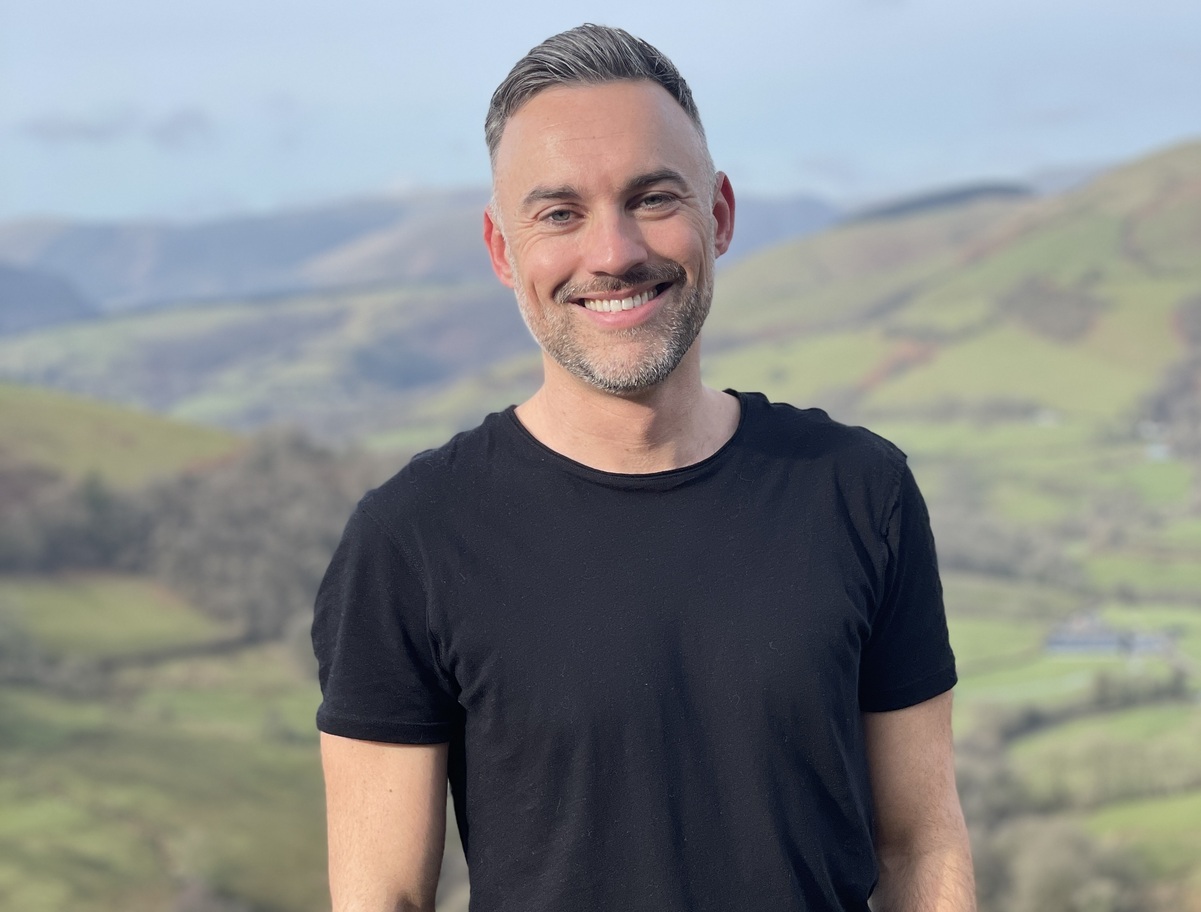From joining Electronic Arts to co-founding his own start-up, Michael Othen-Reeves has years of experience working across different areas of the gaming industry.
Initially cutting his teeth as a Level Designer on games such as Black and Burnout Paradise, he’s been behind various companies including Fusebox and his current venture, Included Games.
In our interview, we caught up with Michael to learn more about his industry experiences, his take on the health of the mobile gaming sector and what has been keeping him busy.
If you’re interested in joining a gaming course at SAE, then contact our team now.
How did you start out in video games?
I began my career as a designer at Electronic Arts (EA) on a game called Black which was a first-person shooter.
I started off as a Level Designer, worked at EA for a number of years on different titles. I moved to Sweden where I worked at Dice for three years on the Battlefield series, a triple A first-person shooting game.
When the iPhone came out, I saw the potential to build games for it, so I taught myself Objective-C, the programming language at the time for iPhone apps.
So this is what led to you becoming an entrepreneur?
Yes, I started building my own games while continuing to work as a contractor for EA and Dice. Getting this mixture of different industry experiences was useful for me to see how everything operates.
I launched my first start-up, Fusebox Games which was relatively successful and sold last year.
What is keeping you busy?
I’m currently running another start-up called Included Games. I’ve had this great mixture of experiences within the games industry which has led me to specialise in mobile.
Are there plenty of opportunities in gaming?
It’s a good time to be doing a degree at the moment as there has been some turmoil over the last few years with a post-pandemic adjustment. Investment in start-ups has also slowed down and gaming is currently a mature industry that is dominated by big players.
I think mobile is a really exciting space and if you want to get into this part of the industry, then it’s important to fully understand and appreciate the business side.
Many designers are interested in Steam and PC games where they can demonstrate their creativity. There are opportunities to do this in mobile games too – but it is more of a business driven area due to the dominance of free-to-play game experiences and the way this has to be monetised.
What I tend to see is designers wanting to make the game that they have in their minds – that’s great, we need this talent and there’s room for this. For those interested in mobile, the way in is to understand the business side of it – which sounds less exciting.
Have you GOT any other advice for designers?
Any experience is great experience when you are starting out – the best thing to do as a student is to work for a company and understand how they operate and are run.
There is a temptation to launch your own indie studio as soon as you finish university. Some times this works out but I advise people to get a job with a company like EA or a well-established start up or studio. This will help you learn the basics and get a real handle on the way the industry works and the different facets of game development.
Why is mobile so exciting?
I have worked as an indie designer, for a big company and on my own venture – for me, mobile is the most exciting area but one of the hardest. It’s hard as it challenges you to put the player first.
You need to always think about your audience when working in this world and mobile really makes this at the front and centre of your design process. To me, this is a healthy way to approach gaming and designing products.
Have there been any highlights in terms of projects from your career?
The first mobile game I made was called Mini Gay Boyfriend. As a gay man, I wanted to make a game for the LGBTQ+ community. I was proud of it at the time as it was the first project I had built completely on my own with the help of a visual artist. It was very warmly received and is still being played and downloaded today. For me, that was a personal highpoint.
Love Island was a great game to work on, we had some fantastic writers who took everything that could have been problematic with the IP and the licence, and turned it into a positive story for the audience, particularly around issues like body image and consent. I was very proud of the content we produced for that.
Fusebox was a wild ride and I learned an immense amount from it, it was my first company with multiple employees and some big projects and there was plenty of stress with it too. Now, I’m very excited about the work we’re doing at Included.
Visit included.games for more information.
STUDY AT SAE
Whether you want to work in Film Production, Audio Production or more, there are many different opportunities to elevate your career in the creative industries.
Our degrees will provide you with the skills, experience and knowledge to succeed at the highest level.































